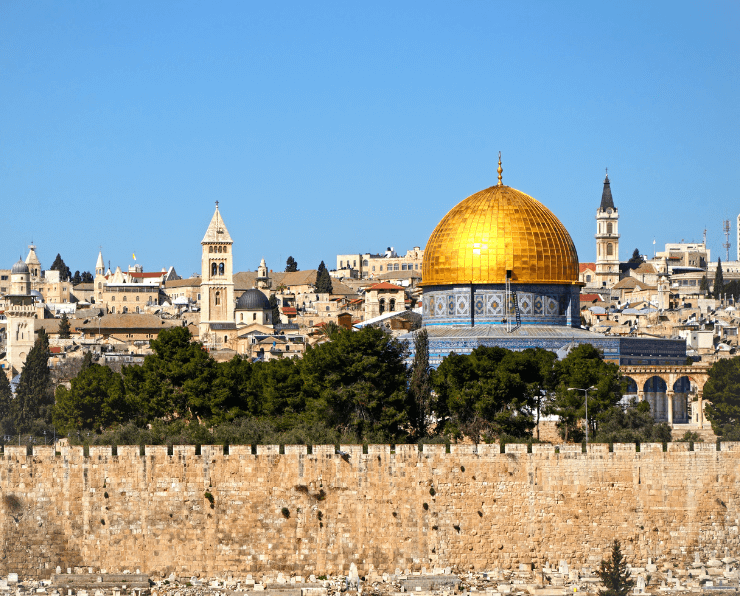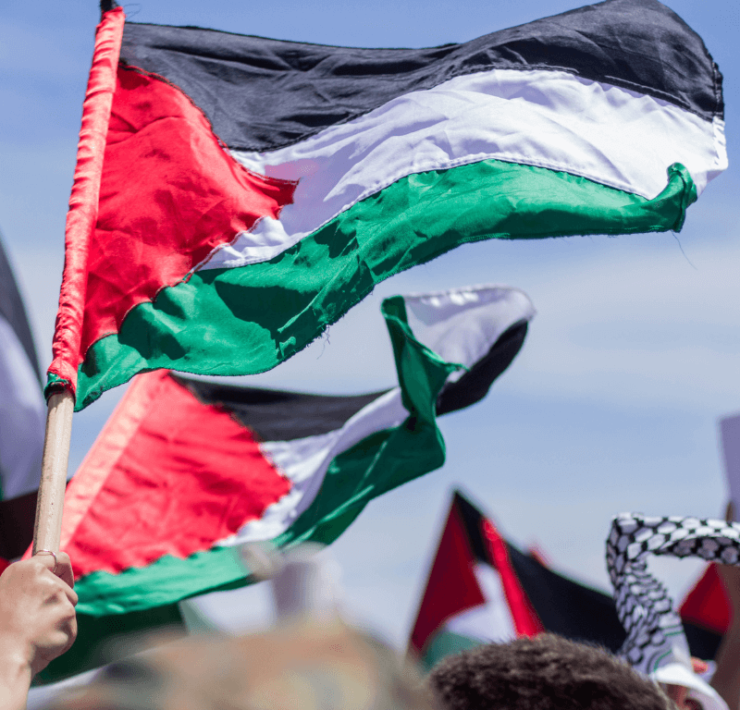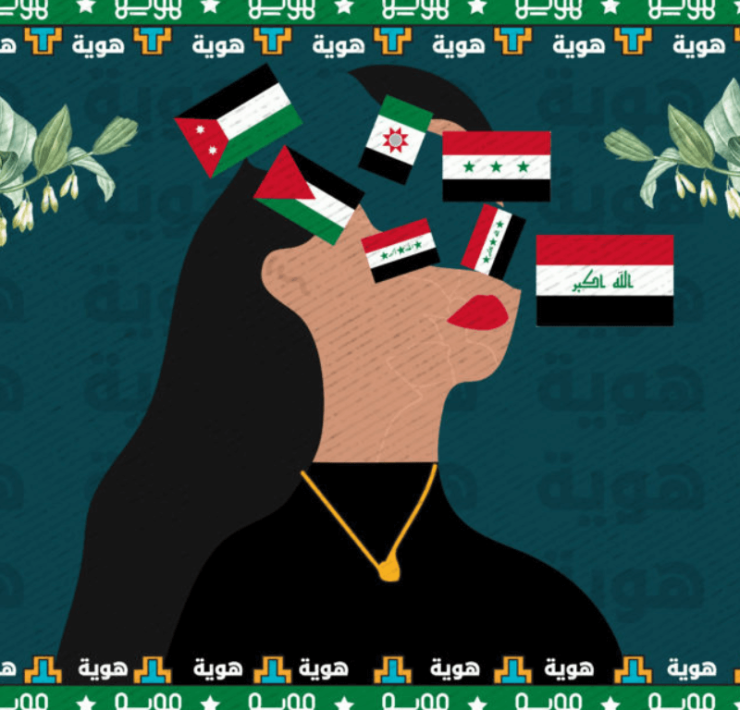Yemen has been suffering the fallout of war since 2014, when the internationally-recognised government was pushed out of the capital of Sana’a by the Houthis, a northern tribal insurgency. As of 2020, after two military interventions by the Saudi-led coalition – Operation Decisive Storm and Operation Restoring Hope, which began in 2015 – life for the people of Yemen has become unendurable. The catastrophic impact of the war, a disastrous blockade preventing humanitarian relief from entering the country, multiple outbreaks of cholera and now Covid-19 have created a humanitarian disaster on the southwestern tip of the Arabian Peninsula.
Even before the current conflict began, Yemen was already the poorest country in the Arabian Peninsula, suffering from a variety of issues related to unemployment, chronic food insecurity, lack of clean water and sanitation, repeated local conflicts and a lack of central authority. The estimated number of people killed since the outbreak of civil war in 2015 has reached 100,000, over 8,000 of them civilians. 20,000 air raids by the Saudi-led coalition have been reported so far by the Yemen Data Project. More than three million people have been displaced and over 24 million – more than half of the total population – requires urgent humanitarian assistance.
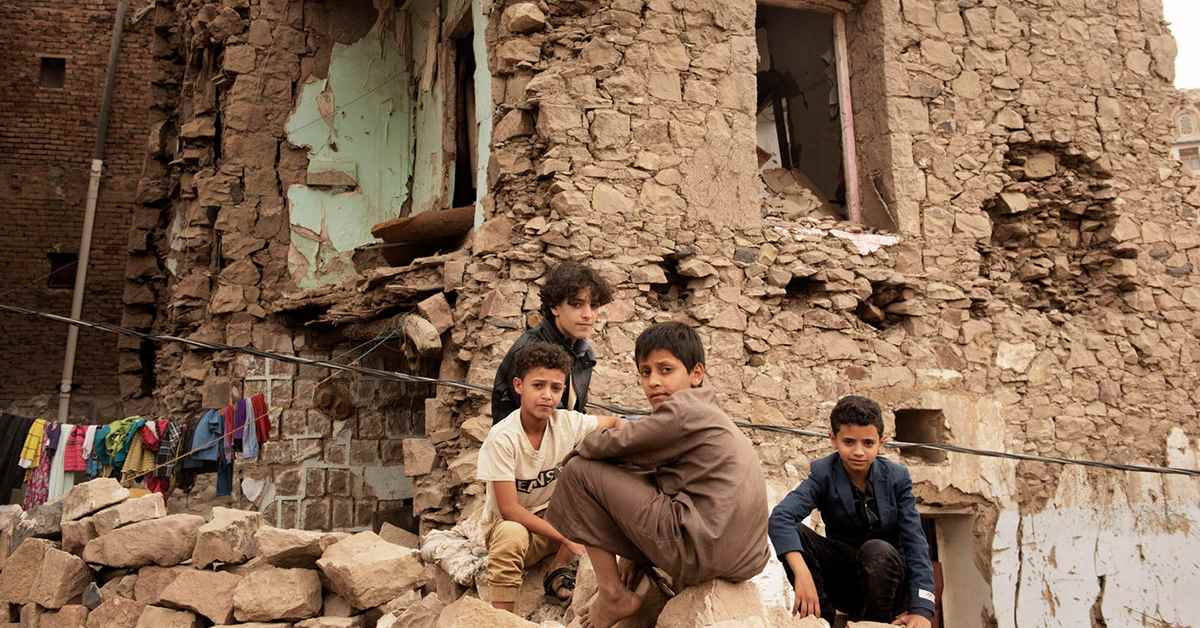
In terms of food security, Yemen faces the most catastrophic situation in the world. UN data indicated that with the protracted crisis, over 17 million people are in acute need of food and are struggling with starvation. Even before the outbreak of Coronavirus, Yemen was battling a cholera epidemic with the highest number of suspected cases in recent history – more than 2.3 million since 2017. According to UNICEF, the number of children in Yemen in need of urgent treatment for malnutrition – and therefore especially vulnerable to Covid-19 – is over 2 million. And in the absence of safe, healthy and clean-living conditions, the outbreak of Covid-19 could have a disastrous impact on Yemenis.
The very first confirmed case of the virus was reported on April 1 in the eastern province of Hadhramaut, although aid workers from international and local agencies had been preparing for the outbreak since the spring. Schools and universities had been closed since March and the movement of people between Houthi-controlled areas and territory controlled by the internationally recognised government of President Abd Rabbo Mansour Hadi have been limited.
Since mid-March, activists and health specialists have been demanding that the authorities acknowledge the serious threat posed by the virus and implement necessary precautions. The country’s health system is already fragile and shattered, not to mention heavily depending on foreign aid. Dr Sameh Al-Awlaqi, who is a public health specialist from Yemen, argues that certain social factors could worsen the impact of the virus. Qat chews, for example, are social affairs that usually involve close contact between people and could therefore easily spread the virus.
A social campaign to increase public awareness is therefore needed to help protect society from the effects of the virus, in addition to material support such as food, medication, clean water and sanitation. Dr Al-Awlaqi argues that the WHO must collaborate with the Yemeni Ministry of Health in Sana’a and Aden to provide Covid-19 testing kits to prepare the fragile health system.
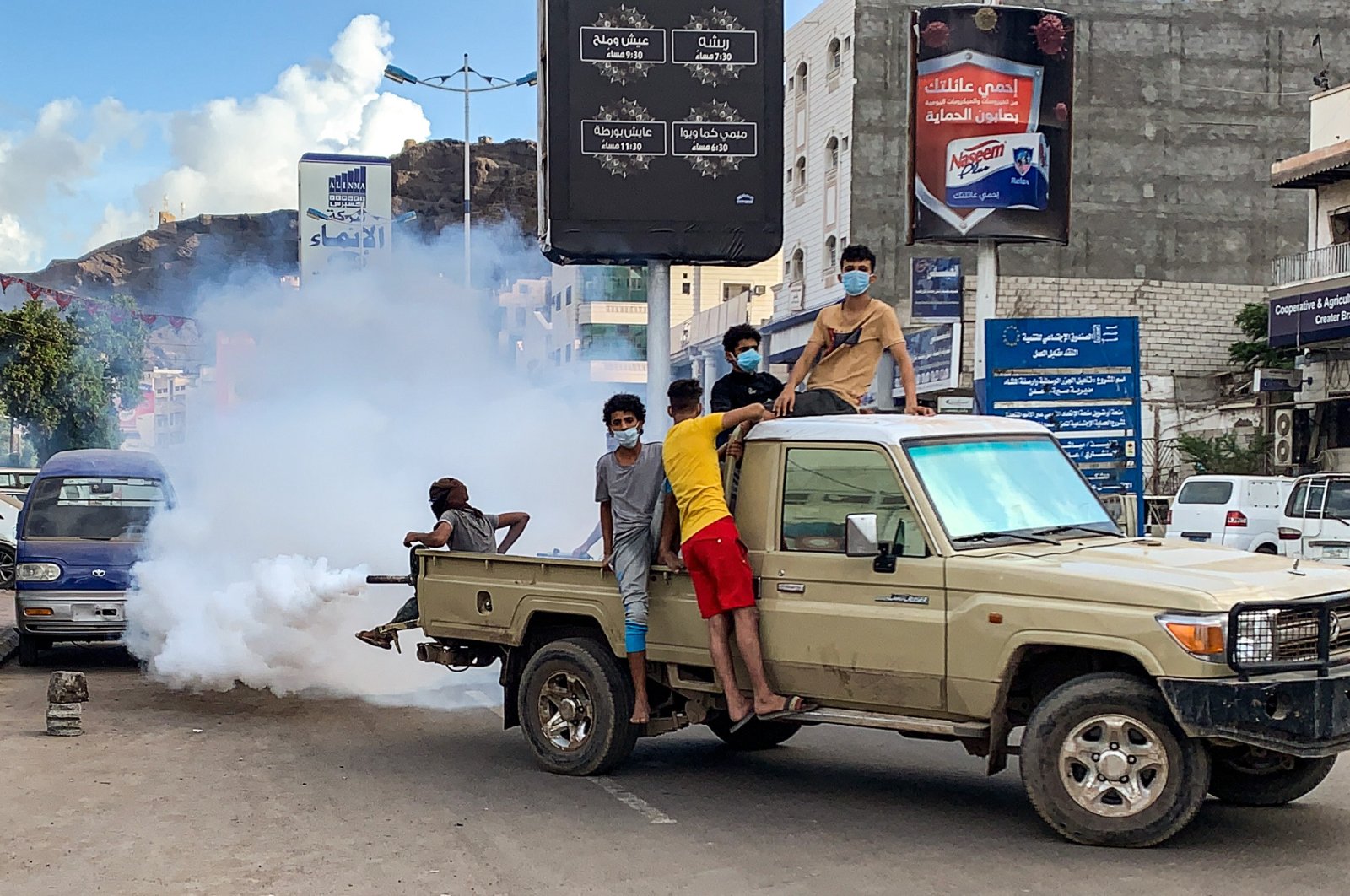
Ceasefires and funding cuts
After the UN’s call for all parties to the conflict in Yemen to put an end to the fighting in order to respond to the threat of Covid-19, on April 8 the Saudi-led coalition forces announced a two-week ceasefire and later extended it by one month. However, the donors who were providing Yemen with support to respond to the famine have decided to cut the funds they were sending the Houthi-controlled areas. A spokesperson for USAID explained that the reason behind the decision to reduce financial assistance was unacceptable interference by the Iranian-backed Houthis.
This move will inevitably have a negative impact on conditions in Yemen given that USAID represents the second-largest source of financial support to Yemen, following the Saudis. Its annual pledge was $746 million USD last year and it was mainly transferred to the government-controlled regions. Similarly concerning, the World Food Programme (WFP) announced that they are planning to half the aid to Yemen to prevent the use of funds by the Houthis for conflict-related activities.
Political calculations always play a role in the distribution of funds and financial support; however, the potential impact of the spread of coronavirus will not differentiate between areas controlled by the Houthis and those held by government forces. The food provided by the WFP feeds over 12 million Yemenis every month, and almost 80% of them are in the Houthi-held region. The worsening conditions in Yemen without sustainable food or healthcare could drastically worsen the spread of the virus.
The evidence collected worldwide suggests that, even with heavy restrictions on mobility and social distancing measures, the virus spreads very fast. Yemenis thus will not be safe if international and local agencies do not implement an emergency plan which includes the regions controlled by both parties to the conflict.
The Houthis already rejected the ceasefire and announced a list of conditions to end the conflict under the supervision of the UN. They described Saudi Arabia’s decision to adhere to a ceasefire as a media manoeuvre. Although they continue to undertake military activity in Ma’rib leading to the further displacement of people during the outbreak of the pandemic, the conditions they announced do include a joint governmental body to fight Covid-19. According to this, the UN and the Saudi-led coalition forces will be fully responsible for providing the necessary equipment for the entire country.
Meanwhile, both the Houthis and government of President Hadi have released prisoners in order to prevent the spread of the virus. In addition to the ongoing fight in the north which continues in spite of the ceasefire and the spread of virus, a severe flood hit southern Yemen, mainly Aden, before the summer. The Yemeni government declared Aden a disaster area in the wake of the flood, which caused civilian causalities and destruction of infrastructure.
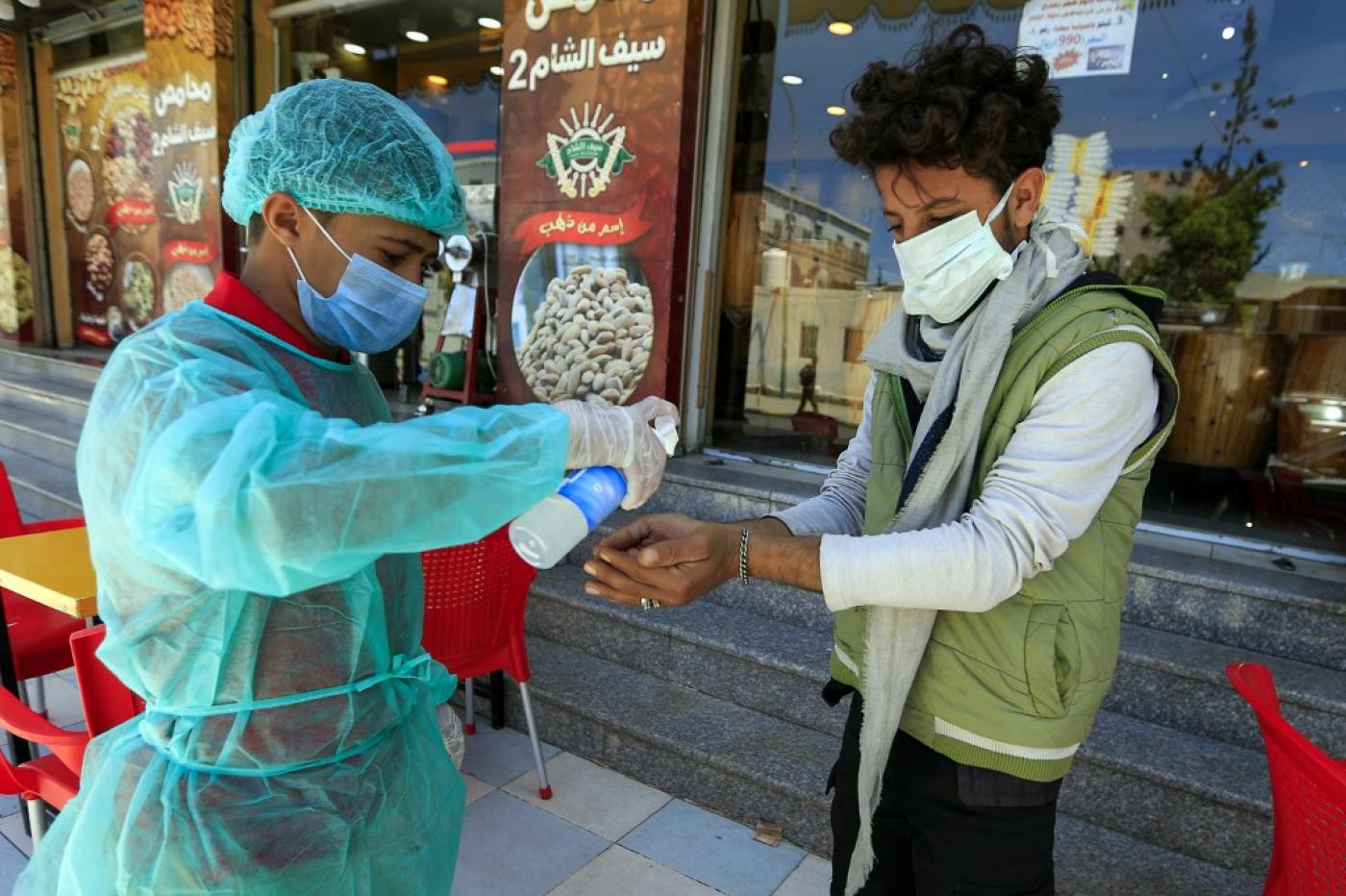
Joint response or total destruction
The fluid situation created by the conflict makes it difficult to determine which areas are controlled by each party. The territories under the control of the different fighting forces have changed hands frequently, and according to research organisations and news agencies, there are at least four competing sources of power in Yemen that are supported by external actors – the internationally-recognised government of President Hadi, the Southern Transitional Council (STC), The Houthis, Al-Qaeda in the Arabian Peninsula (AQAP) and ISIS.
The UN talks between the Houthis and the government supported by the Saudi-led coalition are the primary process for reaching peace. But Yemen is far away from being controlled politically or territorially by any one power, whether internal nor external. The absence of a unified response is the biggest problem currently facing the fight against the spread of the pandemic.
Given that the impact of Coronavirus has been discernible in even the most developed countries with good governance and strong health systems, the warring parties might be more inclined than before to try and reach a peace agreement in order to prevent a humanitarian catastrophe. If they do not, Yemen will face two wars at the same time.
However, so far the ceasefire has not been fully implemented, nor have the parties to conflict agreed on a Covid-19 response plan. The violence continued throughout the ceasefire because the Houthis demanded the lifting of air and sea blockades as a condition of accepting it. Meanwhile, the STC took further steps to strengthen its bid for
Independence, ordering that all taxes accumulated by the Hadi government-controlled bank in Aden should be deposited in its own bank accounts. Under the current conditions, the greatest threat facing war-ravaged Yemen is the disunity standing in the way of any potential solution to the civil war, the cholera epidemic, food insecurity or Covid-19.
Betul Dogan Akkas is a PhD candidate on a joint degree program between Qatar University’s Gulf Studies Center and Durham University’s School of Government and International Affairs. She has a Master’s degree from Qatar University and her thesis was entitled “Securitization of Qatari Foreign Policy”. Betul completed her Bachelor’s degree in International Relations at Bilkent University in Turkey.

Betul Dogan Akkas is a PhD candidate on a joint degree program between Qatar University’s Gulf Studies Center and Durham University’s School of Government and International Affairs. She has a Master’s degree from Qatar University and her thesis was entitled “Securitization of Qatari Foreign Policy”. Betul completed her Bachelor’s degree in International Relations at Bilkent University in Turkey.
If you found this interesting, you might also like:
Covid-19 diplomacy in the Gulf: Iran and its Arab neighbours
Reading List: 10 books to help you understand Yemen
Who is Haitham bin Tariq? 5 things you need to know about the new Sultan of Oman


